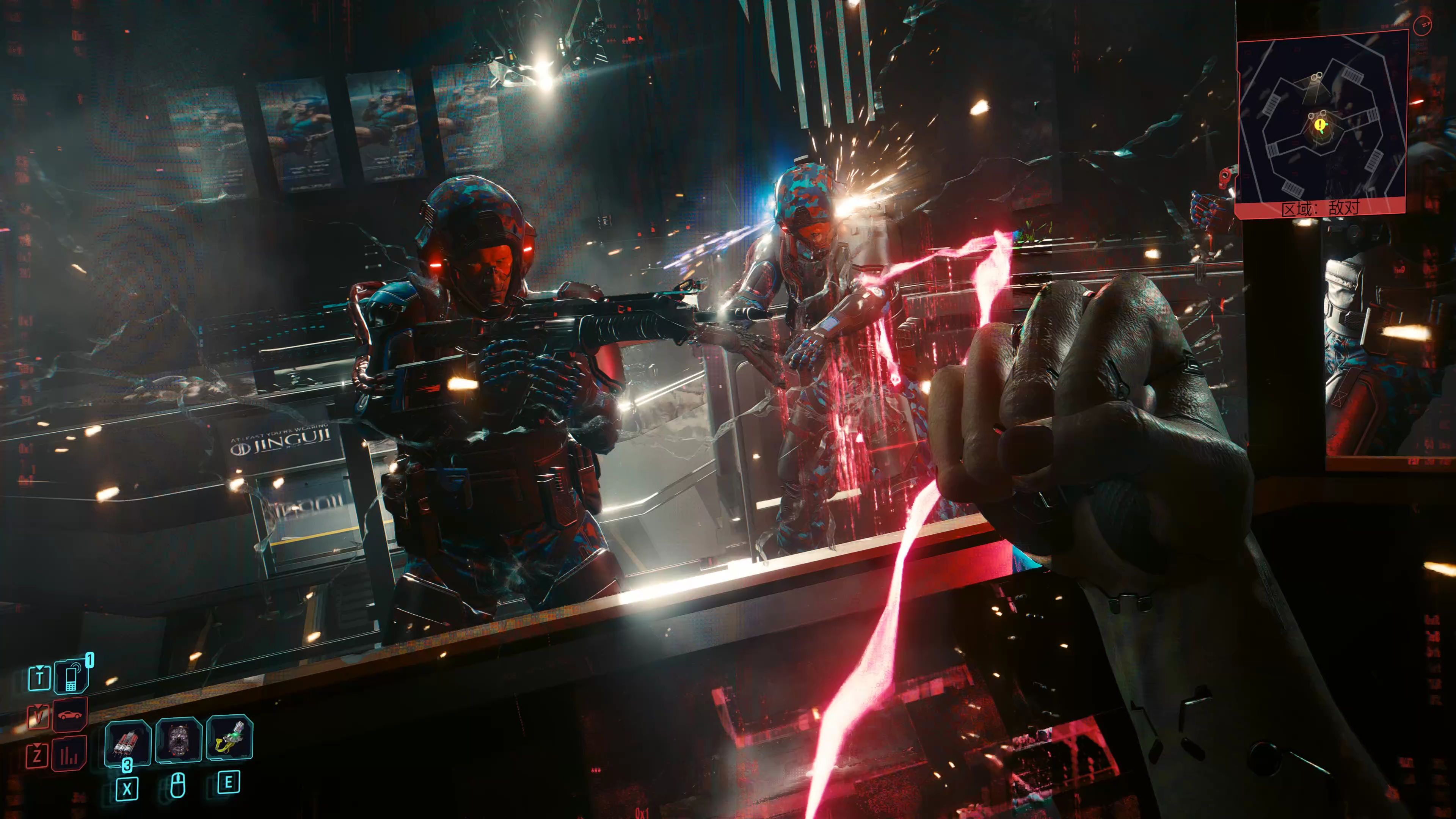The question of whether Fire Emblem is a JRPG with a dedicated fan base is, for anyone familiar with the gaming landscape, almost rhetorical. The answer is a resounding and multifaceted yes. Fire Emblem is not merely a JRPG; it is a foundational pillar of the tactical JRPG subgenre, and its fan base is not just dedicated—it is a fascinating case study in resilience, passion, and the complex relationship between a series and its community through periods of near-extinction and explosive mainstream success.
To classify Fire Emblem as a JRPG is to acknowledge its adherence to the genre's core tenets. It features intricate, character-driven narratives, often set in high-fantasy or pseudo-European medieval worlds embroiled in grand-scale political and supernatural conflicts. From the continent-spanning wars of Genealogy of the Holy War to the nuanced nation-building of Three Houses, the series delivers the epic storytelling JRPG fans crave. Furthermore, it is built upon the quintessential JRPG progression loop: combat leads to experience, which leads to level-ups, new skills, and stat increases. The focus on a large, diverse cast of characters, each with their own backstories, support conversations, and personal growth, is a hallmark of the genre, perfected in titles like The Blazing Blade and Awakening.
However, Fire Emblem distinguishes itself through its defining mechanic: permadeath. The "Ironman" ethos, where units fallen in battle are lost forever, was the series' signature for decades. This single feature transformed it from a simple tactical game into a deeply emotional JRPG experience. Players weren't just managing units on a grid; they were investing in characters they had grown to love through support conversations. The loss of a unit was not a tactical setback to be reloaded, but a narrative tragedy that became part of the player's unique story. This high-stakes gameplay forged an incredibly dedicated, almost masochistically loyal, core fan base. For these players, Fire Emblem was more than a game; it was a test of strategic mettle and emotional fortitude.

The dedication of this fan base was put to the ultimate test in the series' history. Following a period of commercial underperformance, the future of Fire Emblem hinged on the 2012 release of Fire Emblem Awakening. Developers Intelligent Systems were told that if this title did not meet sales expectations, the series would be discontinued. The fan base, though niche, was acutely aware of these stakes. Through fervent word-of-mouth, extensive online community engagement, and passionate reviews, they propelled Awakening to become a runaway success. This was not the result of a massive marketing campaign but a direct manifestation of a dedicated community's effort to save the franchise they loved. Their dedication literally willed Fire Emblem into continued existence.
This salvation, however, came with a cost that highlights the complexities of a dedicated fan base. Awakening, and its successor Fates, introduced sweeping changes to broaden the series' appeal. The most controversial were the introduction of a "Casual" mode, which disabled permadeath, and a heavier emphasis on "waifu" culture through the "Shipping" and child-unit mechanics. For the new, massive wave of fans these games attracted, these features were gateways into a previously intimidating series. For a segment of the old guard, however, it was a betrayal of the series' core identity. The community fractured, with debates raging over "casual vs. classic mode" and whether the narrative was being sacrificed for dating-sim elements.
This schism is a testament to the nature of true dedication. It is not blind allegiance. A dedicated fan base cares deeply enough to critique, to debate, and to mourn perceived losses. Online forums became battlegrounds between those celebrating the series' new popularity and those lamenting the dilution of its hardcore tactical soul. This very conflict proved the depth of their investment; they were not passive consumers but active, critical stakeholders in the franchise's identity.
The release of Fire Emblem: Three Houses in many ways served as a synthesis, demonstrating Intelligent Systems' understanding of its diverse community. The game offered a profound narrative with unprecedented depth and replayability, satisfying the story-craving JRPG fan. Its tactical gameplay was robust and challenging, appealing to the series' strategic core. Crucially, it presented players with a choice: they could engage with the social-sim aspects of the Garreg Mach Monastery as much or as little as they wanted, and the classic/casual mode split remained. This design philosophy acknowledged and respected all facets of its fan base, uniting them in praise for a title that successfully integrated its old and new identities.
Beyond the games themselves, the dedication of the fan base manifests in a vibrant and prolific creative ecosystem. The series is a powerhouse in the world of fan art, fan fiction, and cosplay, particularly fueled by the extensive and beloved character rosters. The competitive scene, though niche, remains deeply engaged with the intricacies of unit building and map strategy. Most notably, the Fire Emblem community has shown exceptional ingenuity through projects like the "Romhack" scene. Using tools to modify the Game Boy Advance titles, fans have created entirely new games—such as the renowned The Last Promise or Vision Quest—with original stories, characters, and maps. This level of engagement, where fans become creators to expand the universe they love, is the ultimate expression of dedication.
In conclusion, Fire Emblem is unequivocally a JRPG with one of the most dedicated fan bases in the industry. Its journey from niche cult classic to global phenomenon is a story written by its community. The passion that saved it from cancellation, the critical debates that shaped its evolution, and the boundless creativity that extends its lifespan all speak to a relationship that transcends mere consumerism. The Fire Emblem fan base is a living, breathing entity—one that has endured heartbreak, celebrated triumph, and continually redefines what it means to be dedicated to a fictional world. It is a dedication forged in permadeath, tested by change, and immortalized in the enduring legacy of a series that, against all odds, continues to thrive.














